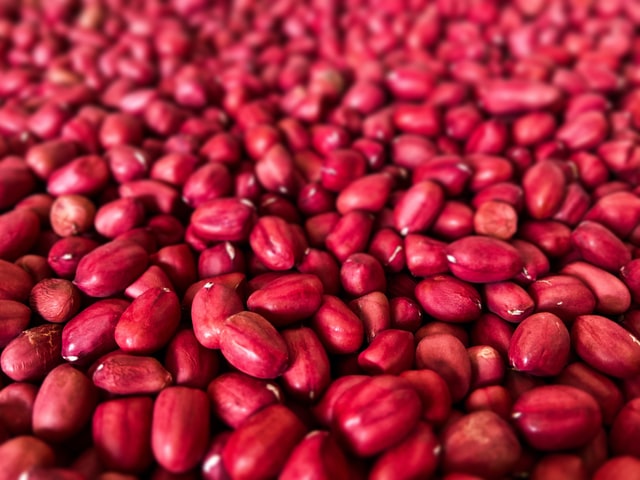Those who switch to a plant-based diet should find out whether the items they are using on a daily basis still suit their new lifestyle. One such item that needs clarification is soy which is a wonderful, versatile, nutritious legume. A lot of people beginning on plant-based diet want to know about soy.
So, is soy plant based? Yes, soy is plant based. Soy or soya bean is the edible bean part of the plant consumed as whole or cooked. It is a great fit for a plant-based diet if consumed unprocessed. However, soy is often processed into other foods which may or may not be suitable for a wholesome, plant-based diet depending on the ingredients and processed used.

In this article, let us try to learn more about what soy contains to help you find out whether you should add it to your plant-based diet.
Why Soy Is Plant Based?
Soy, in its pure form, is a nutritious legume obtained from the soyabean plant. It is, therefore, clearly a plant-based food with no animal-derived items added. It is an excellent source of plant-based protein and can be consumed in different forms in everyday diet.
However, it is important to check the labels of soy products before using them. Some of these can contain additives that may not suit your plant-based diet.
What Are The Main Ingredients In Soy?
Soy is a high-protein plant food that comes from soybean plant that grows in Asia. Soy is found in different varieties like green, black and yellow and used in varied ways to make flour, milk, tofu, tempeh and other items. It is also used in different recipes by baking, steaming and fermenting.
Soy, in its pure form, is simply extracted as a bean from plants and contains no other ingredients. However, when it is used to make other foods, it can use other components. It is best to check the ingredients to make sure the product you are using is suitable for your plant-based diet.
Soy Nutrition
Soy is a highly nutritious plant-based food often used as a meat replacement for protein. It contains all nine essential amino acids and can fulfil the protein requirement of those who avoid meat and dairy as a part of their diet.
100 grams of cooked soy contains
- 141 kcal
- 11 g of carbohydrates
- 12 g of protein
- 4.2 g fiber
- 6.4 g fat
Soy is low in fat and high in protein, folate and vitamin C. It also delivers a good amount of iron, calcium, thiamin, phosphorus, potassium, magnesium and other minerals. The nutritional content of products made out of soy depends on the ingredients used and the way they are processed by manufacturers.
Conclusion
So, should you use soy in your plant-based diet? Definitely! Being a powerful source of plant-based protein, soy and soy products are great choices for a healthy diet. It is a high protein food that provides a plethora of health benefits. However, when you are on a whole food plant-based diet, you should consume organic soy in its whole form or as healthy options like tofu, tempeh, soy milk and other minimally processed foods.
Most Popular Questions: